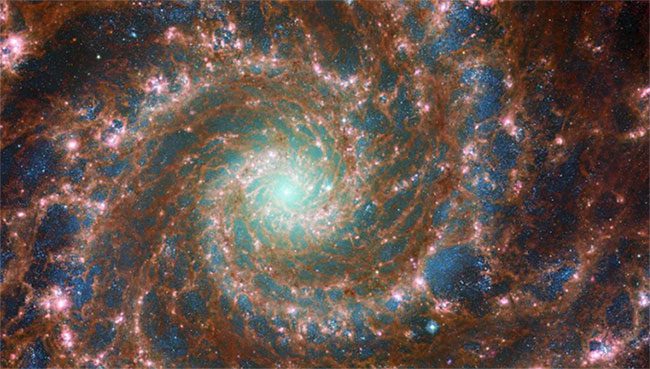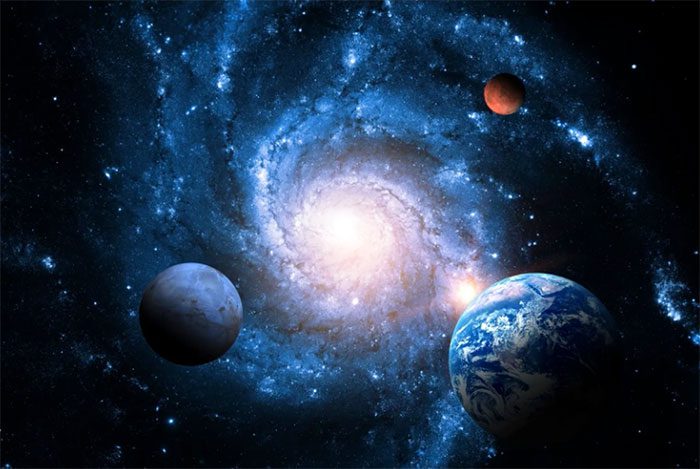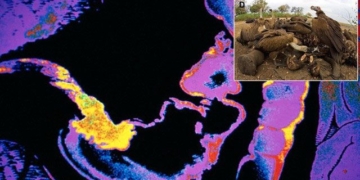A new study suggests that the universe may have been born from two Big Bang explosions rather than just one.
After decades of research aimed at unraveling the mystery of the universe’s origins and the nature of dark matter, scientists have concluded that the universe was created from two significant explosions. The first explosion generated fundamental matter, while the second explosion subsequently produced dark matter.

Image of the Phantom Galaxy captured by the Hubble Telescope. (Photo: ESA/Hubble & NASA, R. Chandar Acknowledgement: J. Schmidt).
According to researchers, this hypothesis can be validated with modern technology, and within a few years, we could definitively confirm or refute it. This is an incredibly intriguing idea, as the Big Bang holds a pivotal role in current theories regarding the evolution of the universe.
If a second explosion did indeed occur, it could open vast avenues for research into dark matter and its effects. Dark matter is still believed to constitute most of the universe, and to date, we have not been able to fully demonstrate what dark matter is or even identify it in any specific way.

Dark matter, the beginning of the universe, and Einstein’s theory of general relativity continue to perplex scientists. (Photo: Denis Rozhnovsky/Adobe).
Of course, our inability to answer these questions is not due to a lack of effort. On the contrary, scientists are diligently working to find explanations for every mystery. The European Space Agency is operating a space telescope that could significantly enhance our understanding of dark matter and clarify some of the uncertainties surrounding the aforementioned hypothesis.
Currently, the accepted theory regarding the formation of the universe posits that just a fraction of a second after the universe was born, it expanded at an extraordinarily rapid rate, even faster than the speed of light. This rapid expansion was driven by a form of energy known as “vacuum energy.”
The moment this vacuum energy transformed and began to create matter is what scientists refer to as the Big Bang. However, a second explosion suggests that after the initial expansion phase ended, another expansion phase commenced, generating dark matter. This dark matter only interacts with ordinary matter through gravitational forces.
This new hypothesis suggests that dark matter may have originated from what scientists call dark vacuum energy about one month after the universe came into existence. If proven, it would profoundly change our understanding of the universe’s origins.


















































